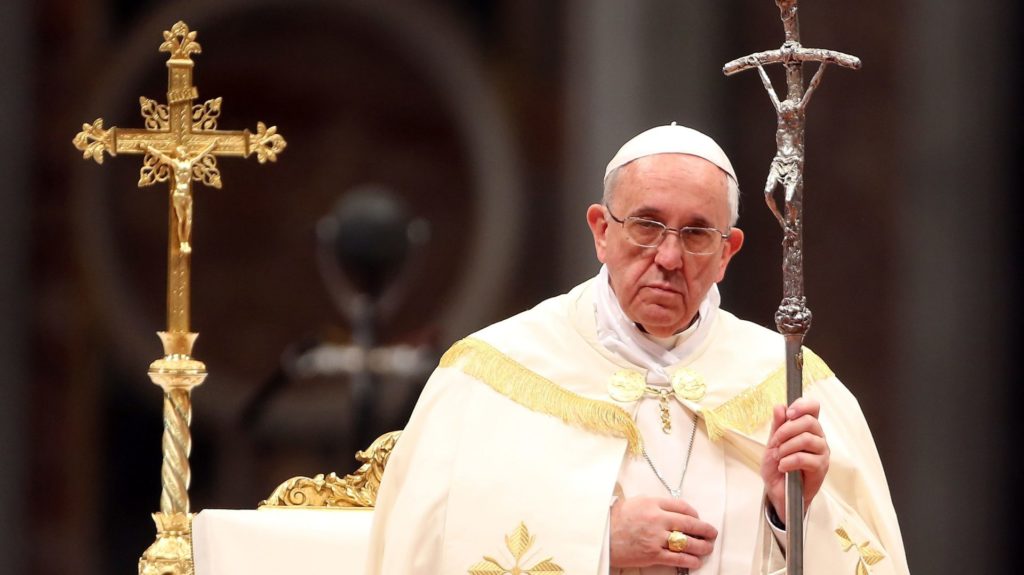Synod: A council of a Christian denomination, usually convened to decide an issue of doctrine, administration or application.
A worldwide Catholic Synod on Synodality has been ongoing for the past year with the theme, “For a Synodal Church: communion, participation, mission.” It began with an invitation for Catholics everywhere—at the parish and diocese level—to voice their concerns and ideas, in person through their faith leaders and churches, or online.
That phase of the synod is now complete, and the next phase—the continental phase—wherein the issues raised by Catholics will be discussed by continental assemblies—began in February. Among the topics are the ordination of women, church doctrine on sexuality and the stamping out of clergy sex abuse.
But certain German bishops have embarked on their own, to the disapproval of the main body of Catholic leadership, including the Pope. These bishops have, since 2019, branched off on their own “Synodal Path” as a solution and response to the sexual abuse crisis in Germany and have already approved changes to the Catholic Church’s teachings on homosexuality, the end of celibacy requirements for priests, and the ordination of women as priests and deacons.
In a rebuke to the breakaway Synod, Vatican officials heading up the Synod on Synodality drafted and sent a letter to bishops around the world urging them to stick to the program and listen to their own flock as to matters of interest and concern, rather than assuming they already know, and making their own determinations.
“There are in fact some who presume to already know what the conclusions of the Synodal Assembly will be. Others would like to impose an agenda on the Synod, with the intention of steering the discussion and determining its outcome,” the letter released in seven languages, said.
Signed by Cardinal Mario Grech, secretary general of the General Secretariat for the Synod, and Cardinal Jean-Claude Hollerich of Luxemburg, relator general of the Synod, and though addressed to the international community of Catholic bishops, the wording of the letter—“others would like to impose an agenda”—is directed specifically at the German bishops who are pursuing their own “Synodal Path.”
The letter went on to say that “those who claim to impose any one theme on the Synod forget the logic that governs the synod process.”
“We are called to chart a ‘common course,’ beginning with the contribution of all,” the cardinals said in the letter. And that the resulting document coming at the end of the Synod will provide a vital “glimpse of the face of a church that is learning to listen to the Spirit through listening to one another.”
The Pope in a recent interview said that what the German bishops are doing with their breakaway synod does not take all voices into consideration, was led by “the elite,” and “does not help.”
He added, “Here the danger is that something very, very ideological trickles in. When ideology gets involved in church processes, the Holy Spirit goes home, because ideology overcomes the Holy Spirit.”
One of the authors of the letter, Cardinal Mario Grech, reminded bishops that their role represents “a fundamental ministry for the church.”
“There is no Synod without a bishop because bishops have been entrusted not by the church, but by the Lord to guide, to shepherd their flock,” Cardinal Grech added. “And so the bishops, in communion among themselves—so collegiality—and in communion with Peter, are those who can really guarantee that the discernment carried out by the People of God is correct.”

